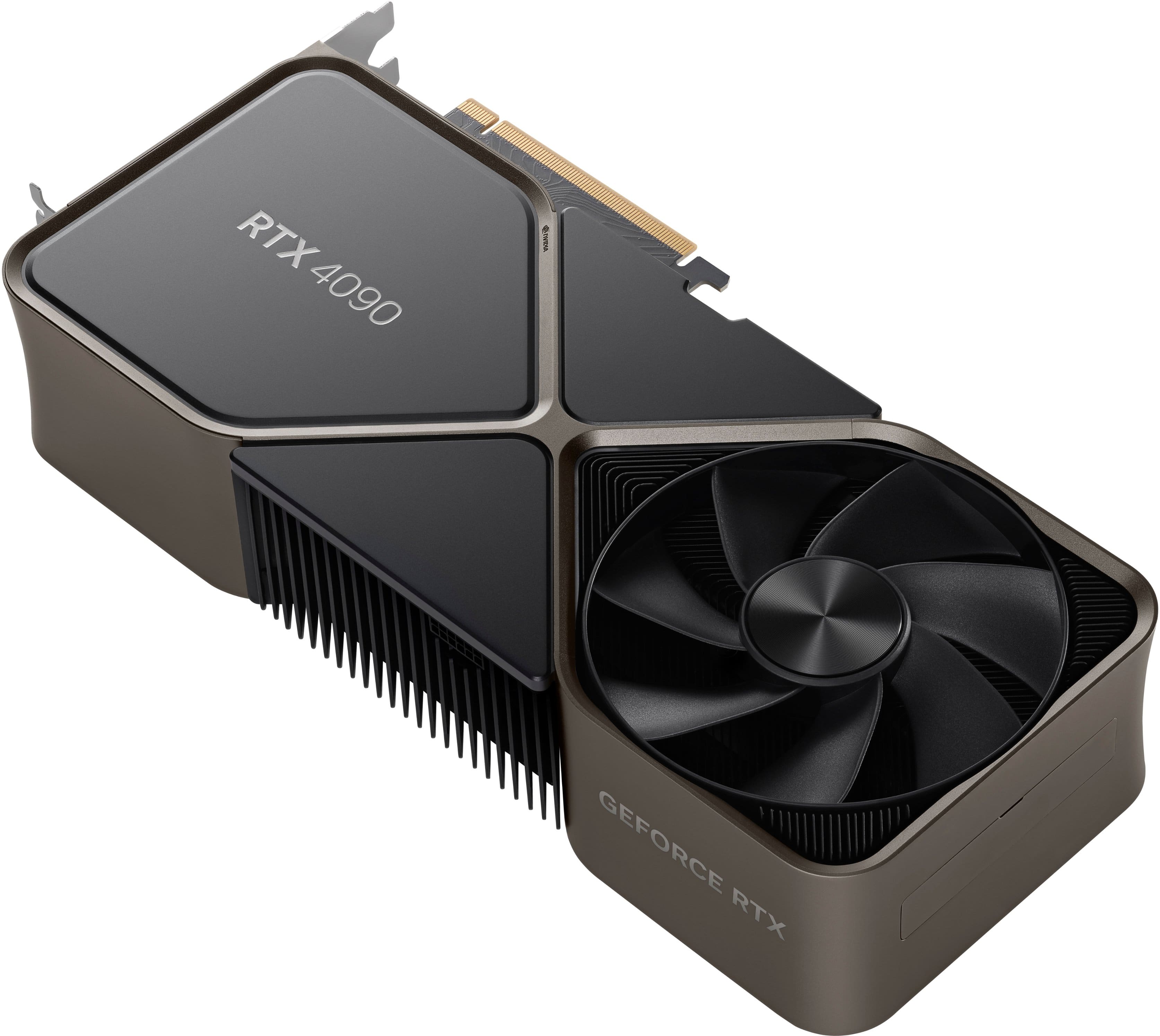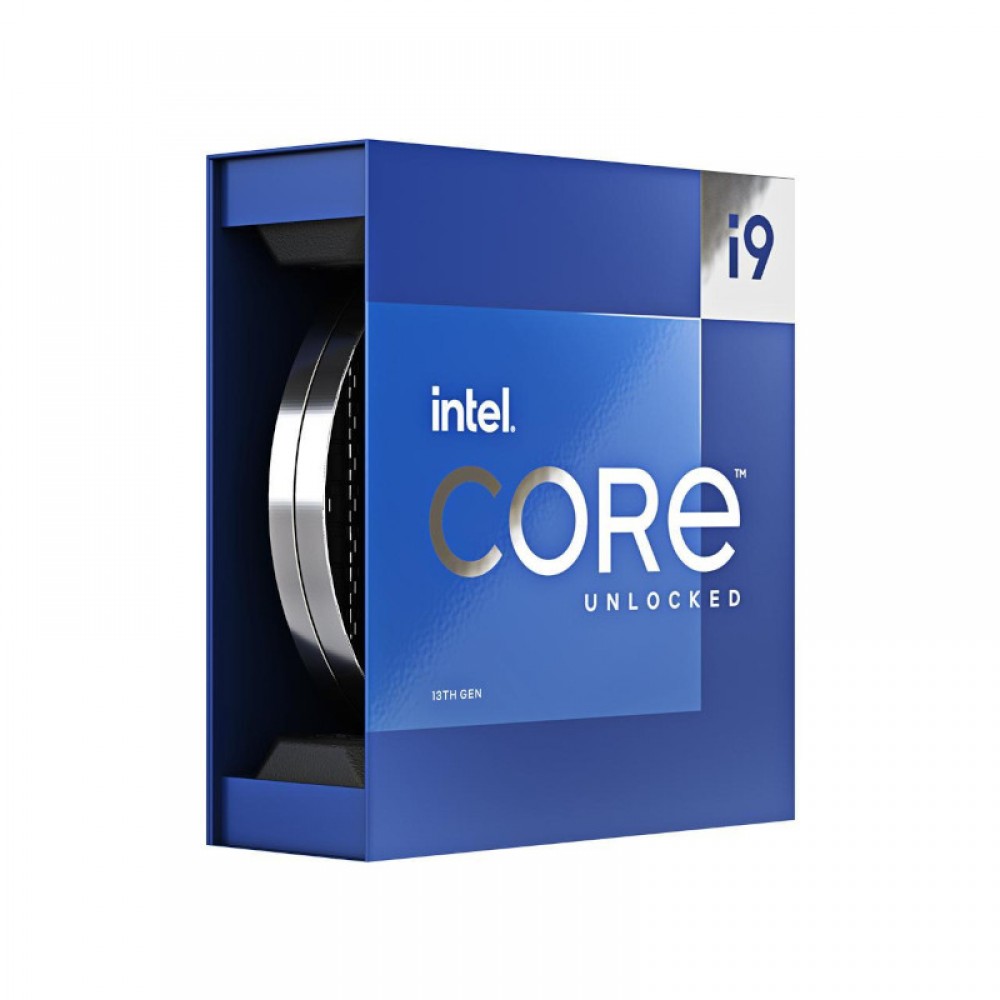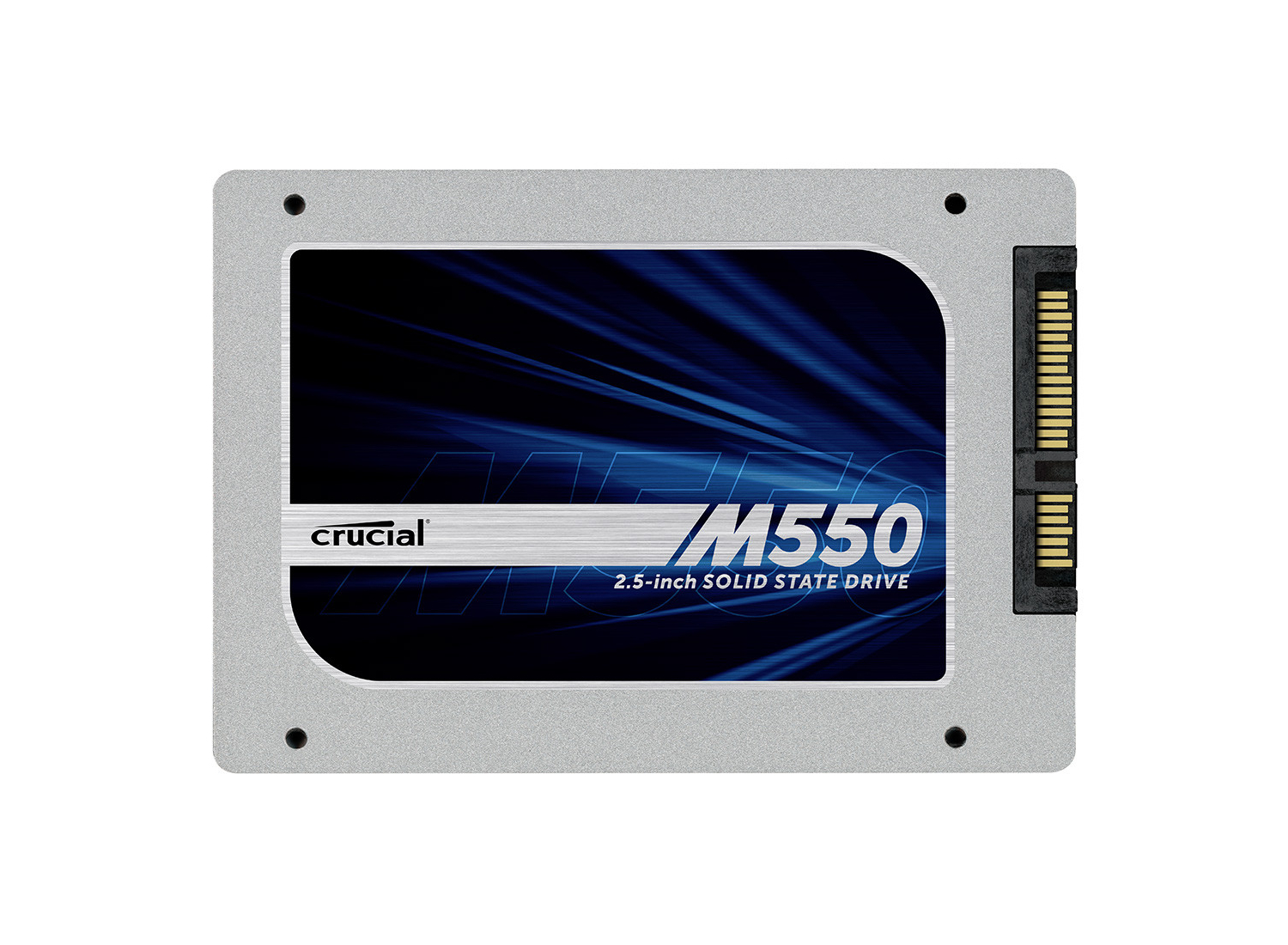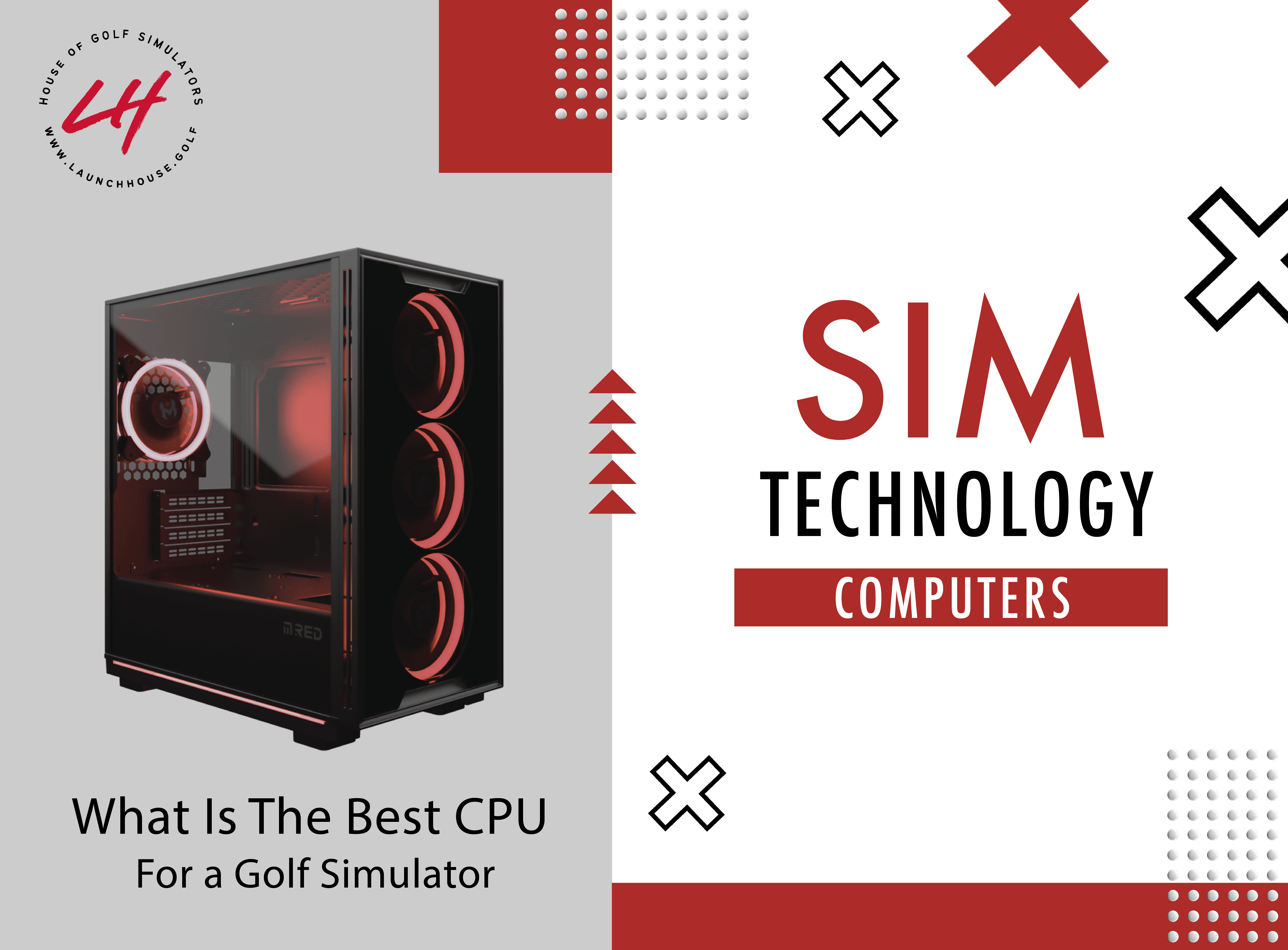The Ultimate Guide to Choosing the Best Computer for Your Golf Simulator
Recommended Specs for a 1080p Simulator
-
GPU: NVIDIA RTX 3070 (or newer)
-
CPU: Intel Core i5-12600K or AMD Ryzen 5 7600X (or better)
-
RAM: 16GB DDR4 or DDR5
-
Storage: 1TB NVMe SSD
-
Monitor/Display: 1080p, 120Hz+ for smooth visuals
Recommended Specs for a 4K Simulator
-
GPU: NVIDIA RTX 3080 (or better)
-
CPU: Intel Core i7-12700K or AMD Ryzen 7 5800X3D (or better)
-
RAM: 32GB DDR5
-
Storage: 1TB NVMe SSD (or larger)
-
Monitor/Display: 4K, 120Hz+ for the best image clarity
Having the right hardware ensures that your golf simulator runs smoothly, offering high frame rates and precise tracking without input lag or slowdowns.
Why Your PC Matters in a Golf Simulator
A golf simulator’s performance heavily depends on your computer’s hardware. A strong GPU, a capable CPU, and sufficient memory ensure a smooth and accurate experience, especially when using high-end software like GSPro, E6 Connect, or TGC 2019. Whether you’re aiming for a seamless 1080p experience or an ultra-crisp 4K setup, choosing the right components is crucial.
Graphics Processing Unit (GPU) – The Powerhouse

Why the GPU Matters
The GPU is the most important component for rendering high-quality graphics and smooth frame rates in a golf simulator. NVIDIA GPUs dominate this space due to their performance and software support. A powerful GPU prevents lag, screen tearing, and visual artifacts that can disrupt gameplay.
Desktop vs. Laptop GPU Performance
Laptop GPUs, while powerful, are not on par with their desktop counterparts. One of the biggest misconceptions is that laptop GPUs share the same name as their desktop variants, making it seem like they have identical performance. However, laptop versions are typically underclocked and have lower power limits due to heat and energy constraints, leading to significantly lower performance.
When comparing GPU performance, one of the key metrics is FPS (Frames Per Second). FPS measures how many frames your computer can render each second, which directly affects how smooth the visuals appear. Higher FPS results in a more fluid experience, reducing lag and improving responsiveness—both of which are crucial for an immersive golf simulator setup.
Here’s a real-world FPS comparison in a current 1080p shooter:
| GPU Model | Desktop FPS (1080p, Ultra) | Laptop FPS (1080p, Ultra) |
|---|---|---|
| RTX 3070 | ~120 FPS | ~90 FPS |
| RTX 3070 Ti | ~135 FPS | ~100 FPS |
| RTX 4070 | ~140 FPS | ~110 FPS |
| RTX 4070 Ti | ~160 FPS | ~125 FPS |
| RTX 3080 | ~160 FPS | ~120 FPS |
| RTX 3080 Ti | ~175 FPS | ~135 FPS |
| RTX 4080 | ~190 FPS | ~150 FPS |
| RTX 4080 Ti | ~210 FPS | ~165 FPS |
| RTX 3090 | ~200 FPS | ~150 FPS |
| RTX 3090 Ti | ~220 FPS | ~165 FPS |
| RTX 4090 | ~250 FPS | ~180 FPS |
As you can see, laptop GPUs perform around 70-80% of their desktop equivalents due to lower power draw and cooling limitations. If portability isn’t essential, a desktop GPU offers far better performance for the same price.
Central Processing Unit (CPU) – The Brain of Your System

Why the CPU Matters
While the GPU handles rendering, the CPU is responsible for physics calculations, input processing, and overall system responsiveness. In golf simulators, a strong single-core performance is key, as it determines how quickly the system can process ball and club data in real-time.
Recommended CPUs for Golf Simulators
-
For 1080p setups:
-
Minimum Recommended: Intel Core i5-12600K, AMD Ryzen 5 7600X
-
Optimal Choice: Intel Core i5-13600K, AMD Ryzen 7 7700X
-
-
For 4K setups:
-
Minimum Recommended: Intel Core i7-12700K, AMD Ryzen 7 5800X3D
-
Optimal Choice: Intel Core i7-13700K, AMD Ryzen 9 7950X3D
-
A laptop CPU will also be weaker than its desktop counterpart due to thermal and power limitations. For laptops, aim for high-wattage gaming models with i7/i9 or Ryzen 7/9 processors.
Memory (RAM) – Ensuring Smooth Performance
Why RAM Matters
RAM is crucial for multitasking and game stability. Running GSPro or E6 Connect with insufficient RAM can lead to frame drops, slow loading, and stuttering.
Recommended RAM for Golf Simulators
-
16GB RAM – Ideal for 1080p setups.
-
32GB RAM – Recommended for 4K gaming and simulation to ensure smooth performance.
DDR5 vs. DDR4 – Which One to Choose?
DDR5 RAM offers higher speeds and improved efficiency over DDR4. If upgrading, aim for DDR5-5600MHz+ RAM kits to maximize performance and system longevity.
Storage – SSD vs. HDD

Why Fast Storage is Important
Golf simulator software requires quick loading times and smooth data retrieval, making SSDs the best choice.
Storage Recommendations
-
Minimum Storage Requirement: 20GB of free space for GSPro, E6 Connect, and other simulator software.
-
Recommended:
-
1TB NVMe SSD – Ensures fast boot times and smooth gameplay with minimal lag.
-
Avoid HDDs – They introduce longer load times and potential stuttering.
-
For Additional Storage: If you need extra space for videos, recordings, or game captures, consider a secondary SATA SSD or HDD for non-essential storage.
-
Best Computers for Your Golf Simulator
Best Value for 1080p Performance
Desktop: iBUYPOWER Y40 Gaming Desktop
-
Processor: AMD Ryzen 7 7700
-
Memory: 16GB DDR5
-
Graphics: NVIDIA GeForce RTX 4070 12GB
-
Storage: 1TB NVMe SSD
-
Price: ~$999.99
Laptop: MSI Cyborg 15 (2023)
-
Processor: Intel Core i7
-
Memory: 16GB DDR5
-
Graphics: NVIDIA GeForce RTX 4070 Ti
-
Storage: 1TB SSD
-
Price: ~$1,499.99
Best Value for 4K Performance
Desktop: Skytech Archangel Desktop Gaming PC
-
Processor: Intel Core i7
-
Memory: 32GB DDR5
-
Graphics: NVIDIA GeForce RTX 4080 16GB
-
Storage: 1TB NVMe SSD
-
Price: ~$2,499.99
Laptop: Lenovo Legion Pro 7i Gen 8
-
Processor: Intel Core i9-13900HX
-
Memory: 32GB DDR5
-
Graphics: NVIDIA GeForce RTX 4080
-
Storage: 1TB NVMe SSD
-
Price: ~$2,799.99
4K Best Option for Future-Proofing
Desktop: MSI Vision Elite RS Gaming Desktop
-
Processor: Intel Core i9-14900KF
-
Memory: 64GB DDR5
-
Graphics: NVIDIA GeForce RTX 4090
-
Storage: 2TB NVMe SSD
-
Price: ~$4,300
Final Recommendations
If you're looking to build or buy a PC for your golf simulator, the choices above offer the best value and performance. For those who prioritize portability, high-performance laptops are a great option, but desktops remain the best choice for raw power and long-term upgradeability.
Need help choosing the right system? Talk to our AI assistant today!



Share:
Guide to Golf Simulator Components
Is a Home Golf Simulator Right for You? Key Considerations Before Buying